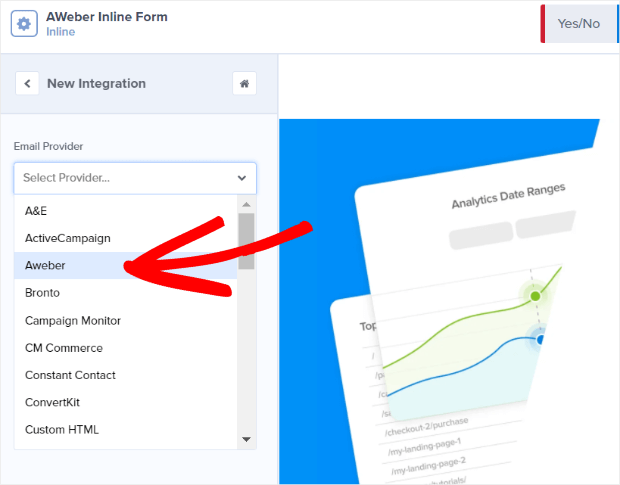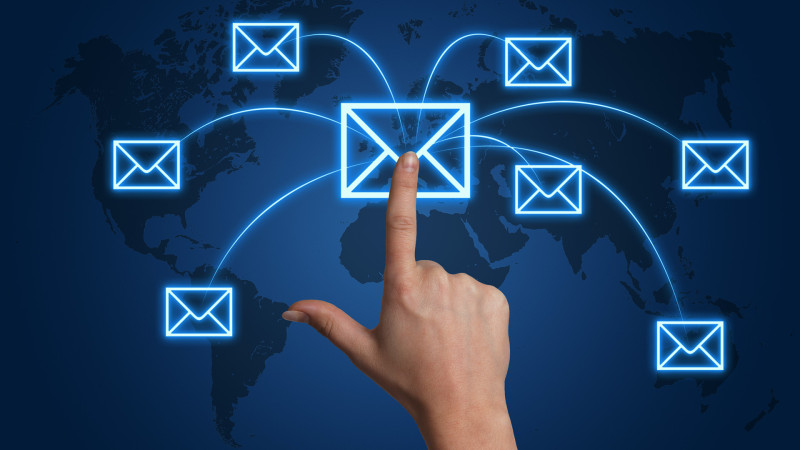20 Best Ways For Picking Email List Sellers
What Do I Need To Consider When Buying An Hematologist Email List?To ensure that your hematologist's list is effective, pertinent, accurate and compliant with the law, you need be attentive to a few key factors. Here are some important considerations. Quality of data and accuracy
Source of data: Confirm the provider's use of reliable sources like professional directories, databases, or opt-ins from Hematologists. The quality of the list depends on the accuracy with which contacts were taken.
Verification & Updates: Ask your provider about their data verification and updating process. Verify emails to eliminate invalid or inactive addresses. It is essential to update the list frequently, since healthcare professionals may change their positions or institutions.
Segmentation and Specialization: Make sure that the list is specific to hematologists. It can also be further segmented, for example by subspecialty (e.g., pediatric hematology, oncology) or the location, the years of experience, or hospital affiliation. Segmented lists will help you target your outreach more effectively.
2. Legal Regulations
Data Privacy Laws – Ensure compliance with the laws governing data protection in force, including the General Data Protection Regulations (GDPR) for Europe as well as the California Consumer Privacy Acts (CCPA) for the U.S. and other applicable laws. Email addresses need to be gathered with appropriate consent.
CANSPAM Act: If you reside in the U.S.A. Be sure the list is compliant to the CANSPAM Act which governs all commercial email communications. Failure to comply with the CANSPAM Act can lead to penalties. In addition, your emails might be flagged as spam.
Opt-in Consent: The list of email recipients should only contain hematologists who have specifically consented to receive emails from a third-party. Unsolicited email messages sent to patients with no consent could result in lower engagement and legal problems.
3. Provider Reputation
Find out the reputation of your list service. Review, testimonials and cases studies can help you determine whether the firm is reputable. A company that has a solid track record is more likely to provide accurate, high-quality information.
Transparency - Select a data provider who is transparent in regards to where the data originated from and the way it was gathered. It is recommended to stay clear of providers that are unclear or unclear about their methods of collecting data.
Customer Support: Selecting a company with good customer service is crucial. Support is essential for those who require help in tackling technical issues, modifying your list or issues with compliance.
4. Cost as well as Cost and Return on Investment (ROI)
Pricing Models: Consider the pricing models available, including whether they are pay-per-contact, flat rate or subscription. Make sure the cost is in line with the return on investment. This means you have to balance your marketing budget with the quality of your list.
Refund or Replacement policy A reliable service company will offer refunds or replacements in the event of incorrect or outdated email addresses. Make sure you understand the policy's conditions prior to buying.
Value for Money: Compare list features like segmentation options and warranties on data accuracy with the costs. If the quality of the data on the list isn't good then the most affordable list may not be the most appropriate choice.
5. Data Ownership & Usage
Single Use Vs. Multiple Use: Know the usage guidelines for email lists. You may only be able to use a list once for an email campaign. Other providers offer you unlimited rights of usage.
Exclusive vs. Shared lists: Determine whether the list is exclusive to your business or distributed to other buyers. Exclusive lists are more likely to provide greater engagement because the list members will be less likely to receive emails from marketing from different sources.
6. Data Integration and Format
Integrity with CRM and Email Tools: Make sure that the email list is easily integrated into your CRM or email marketing platforms. The list must be available in standard formats such as CSV or Excel for smooth integration.
How do you filter the list and manage it? Lists that are difficult to manage and segment could hinder the effectiveness of campaigns.
7. Ethical Aspects
Relevance to Hematologists - Make sure your emails are appropriate to the field of hematology. Sending them content that doesn't match their expertise could result in poor engagement, which could negatively impact your brand reputation.
Avoiding Spam Practices: Be mindful not to overwhelm recipients with too many emails. The sending of spam complaints could harm your reputation if you send too many emails.
Conclusion
It is essential to think carefully before purchasing an hematologist's mailing list. To ensure that you're receiving a list that is of top quality and accuracy, concentrate on the data quality and the compliance with privacy laws, and the track record and reputation of the provider. The importance of ensuring compliance with the law, ethical marketing, and segmentation enable you to increase your return on investment while maintaining your brand's image. Check out the recommended hematologists email list for site advice.

When You Are Buying An Oil Industry-Related Email List There Are 10 Important Things To Keep In Mind.
When you purchase an email list to be used in the oil and gas industry, it's important to consider several factors to make sure the list is high-quality specific, specialized and legally in compliance. Here are the top 10 points to consider:
1. Target Audience Relevance
Focus on Industries: The list should specifically target at the oil-and-gas sector. The list should be segmented to include professionals, such as engineers and geologists as well as managers and decision makers in upstream operations, midstream operations, and downstream operations.
Roles and Job Titles - Check out a list of the top decision-makers in your target companies (executives/managers engineers, etc.). You can target specific companies.
2. Provide the source and vendor's reputation
Reputable Providers: Only buy email lists from suppliers who are reliable, trustworthy and follow best practices when collecting information. Avoid sources that are of doubtful origin as they could result in low-quality information or even legal problems.
Data Quality: Read the reviews or testimonials from the provider to evaluate the reliability and quality of the data.
3. Data Accuracy & Freshness
Data Age: The database should be up-to-date with recent information about contact details. Companies in the oil and gas industry frequently undergo staff changes and insufficient contacts can result in a high bounce rate.
Verification Process: Make sure the vendor updates and regularly examines their contacts list to remove those who aren't responding or have incorrect information.
4. Compliance with Regulations
Legal Compliance: Ensure that the list is in line with the local and global regulations such as GDPR, Can-SPAM and other that govern the use of personal information. Failure to comply could result in legal risks or penalties.
Opt-in procedure: Check that the email addresses are gathered correctly, which means they have given their consent to receive communication.
5. Segmentation and Customization
Custom segmentation: A quality list provider should offer segments based on certain elements like the location, job function or size of the company, or sub-sectors within the oil and gas industry.
Custom Filters. Based on your campaign's goals be sure the list can be customized according to criteria like location, business size, or special needs.
6. Deliverability Rate
High Deliverability: A high-quality email list will deliver at a rate of 95% or more. Low-quality lists often contain high bounce rates which can harm your sender reputation and your email marketing efforts.
Request previous data or statistics on deliverability to determine the success of the list.
7. Volume vs. quality
Quality Over Quantity: Make sure that your list isn't just big in size, but precise and specifically targeted. A short list of good quality could yield more results than a lengthy list that is generic.
Engagement Metrics Prioritize Engagement Rates Over Contact Numbers. An engaged audience is likely to be more responsive to your marketing.
8. Cost Structure and Pricing
Transparent Pricing. Know the pricing structure. Be cautious of unusually cheap lists as they might not be worth the money or provide quality.
Return on Investment (ROI): Consider the potential ROI by comparing the list cost with expected conversion rates. Sometimes paying a premium for a targeted list will be more economical over the long haul.
9. Privacy and security for the data
Data Protection: Check to determine if the company has implemented strong security measures. The list provider must guarantee that all information on the customer is protected from unauthorized access.
Confidentiality. Be sure that the service does not share, resell or distribute your information in any way.
10. Customer Support and After Sales Service
You are able to reach the vendor for support on a regular basis for assistance in completing your list, or if you have any issues.
List Replacement Guarantee: If there are any there are issues with the list (e.g., incorrect data or undeliverable) A reputable provider will offer replacements or refunds.
Take note of these points to ensure you're purchasing the right oil and gas email list which is compliant, effective and geared to your business goals. Read the top rated oil and gas industry email list for site guide.
